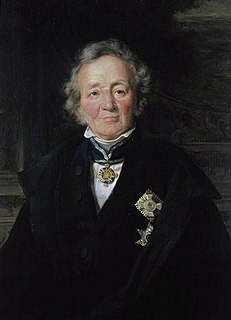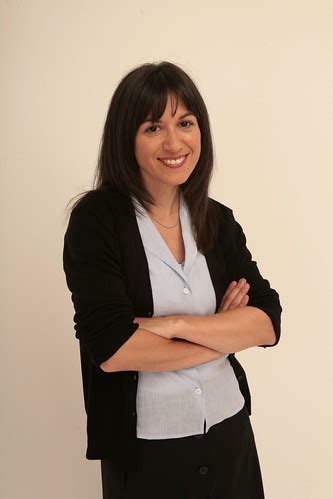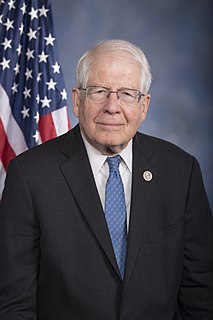A Quote by Leopold Von Ranke
In schoolbooks and in literature we can separate ecclesiastical and political history; in the life of mankind they are intertwined.
Quote Topics
Related Quotes
For 'Gender Studies,' I wrote that story in May and June of 2016. People have said to me, 'Oh, it's a political allegory,' and I think, 'Sure.' The political stuff is definitely there. But that's why I like fiction; there can be lots of different things going on, and it's all intertwined, and you can't separate out what's in what category.
The revealed and mystic literature of mankind bears ample testimony to the fact that religious experience has been too enduring and dominant in the history of mankind to be rejected as mere illusion. There seems to be no reason, then, to accept the normal level of human experience as fact and reject its other levels as mystical and emotional.








































